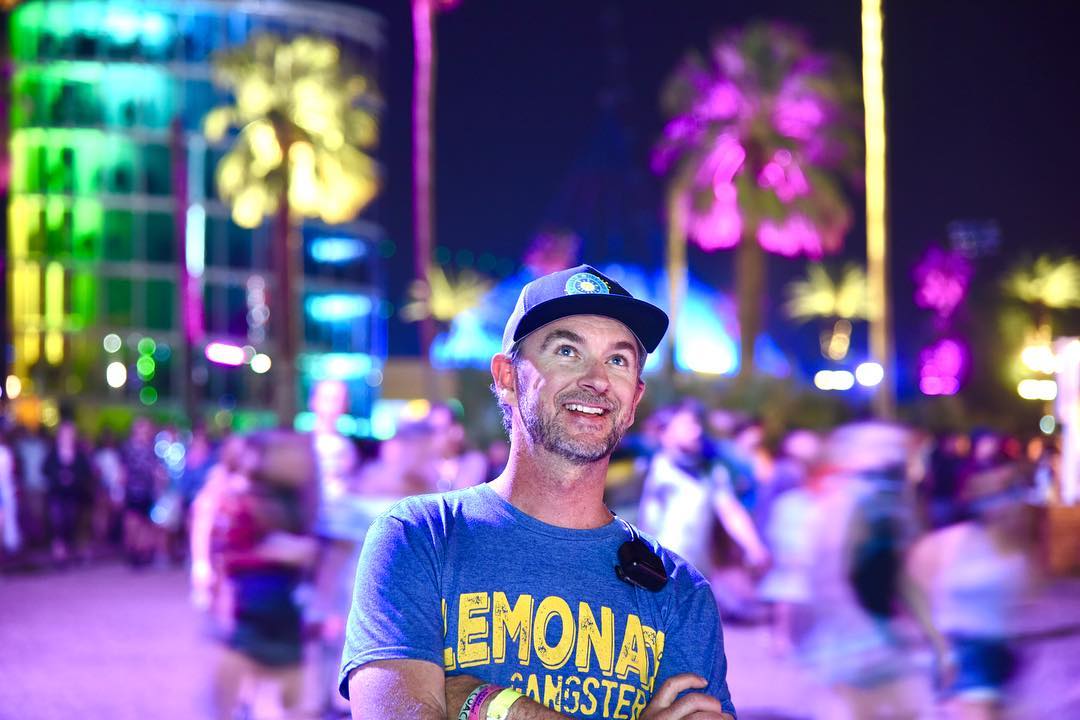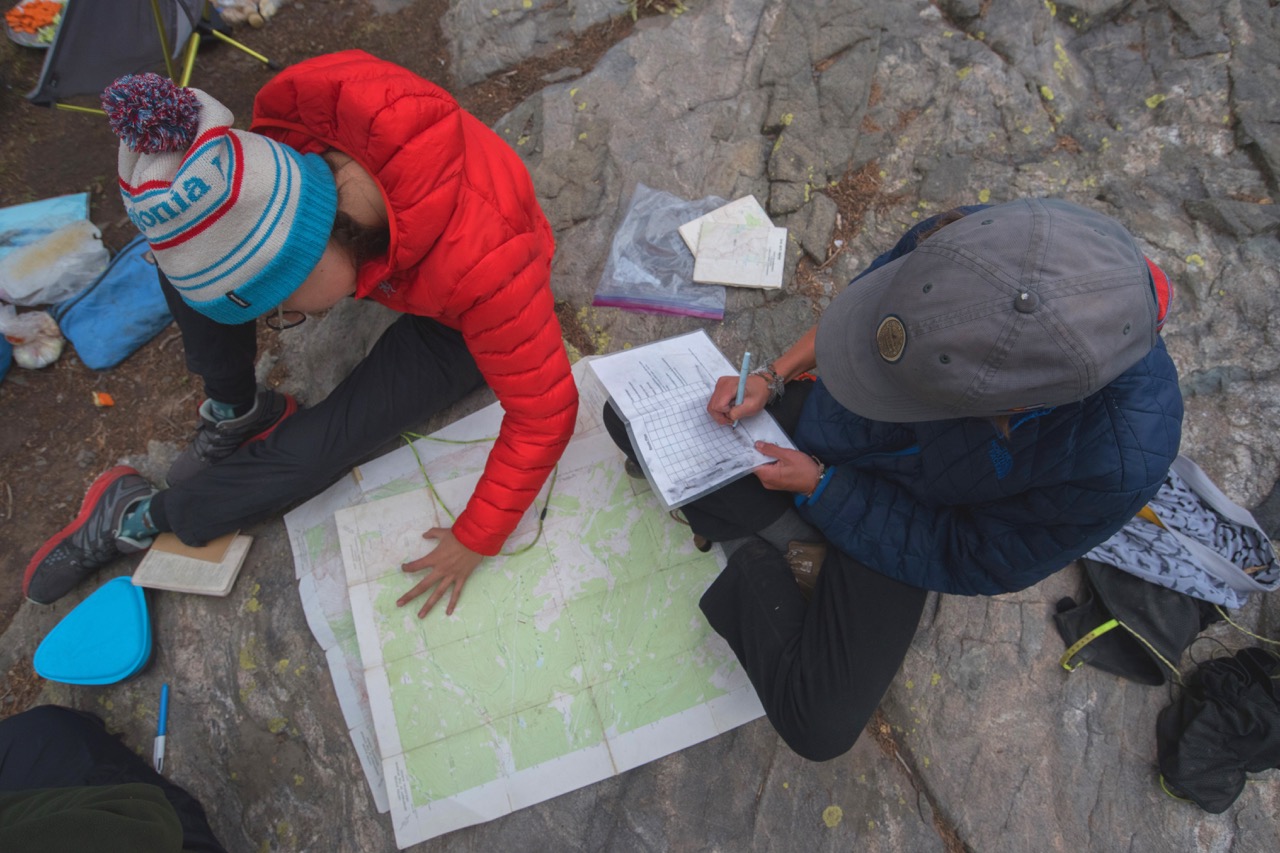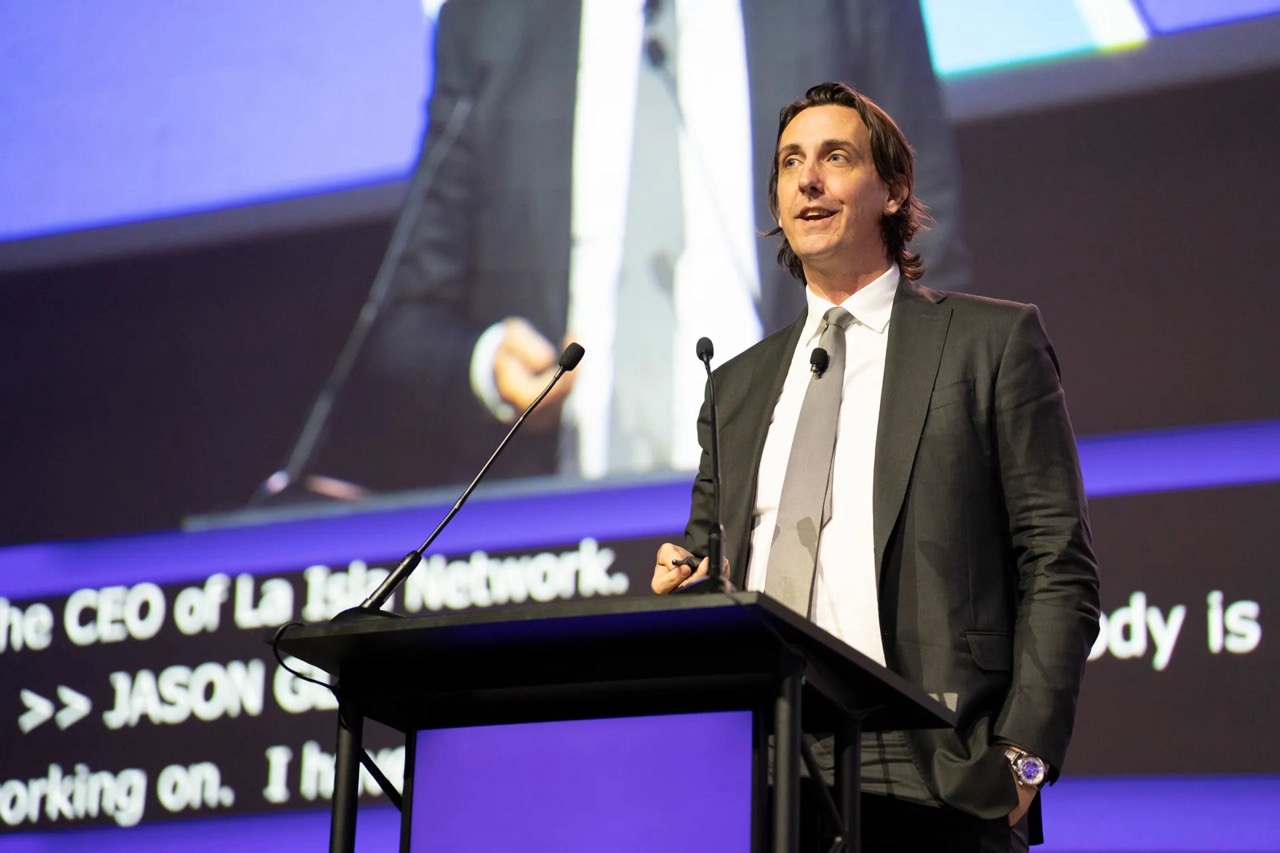The Sword She Bears
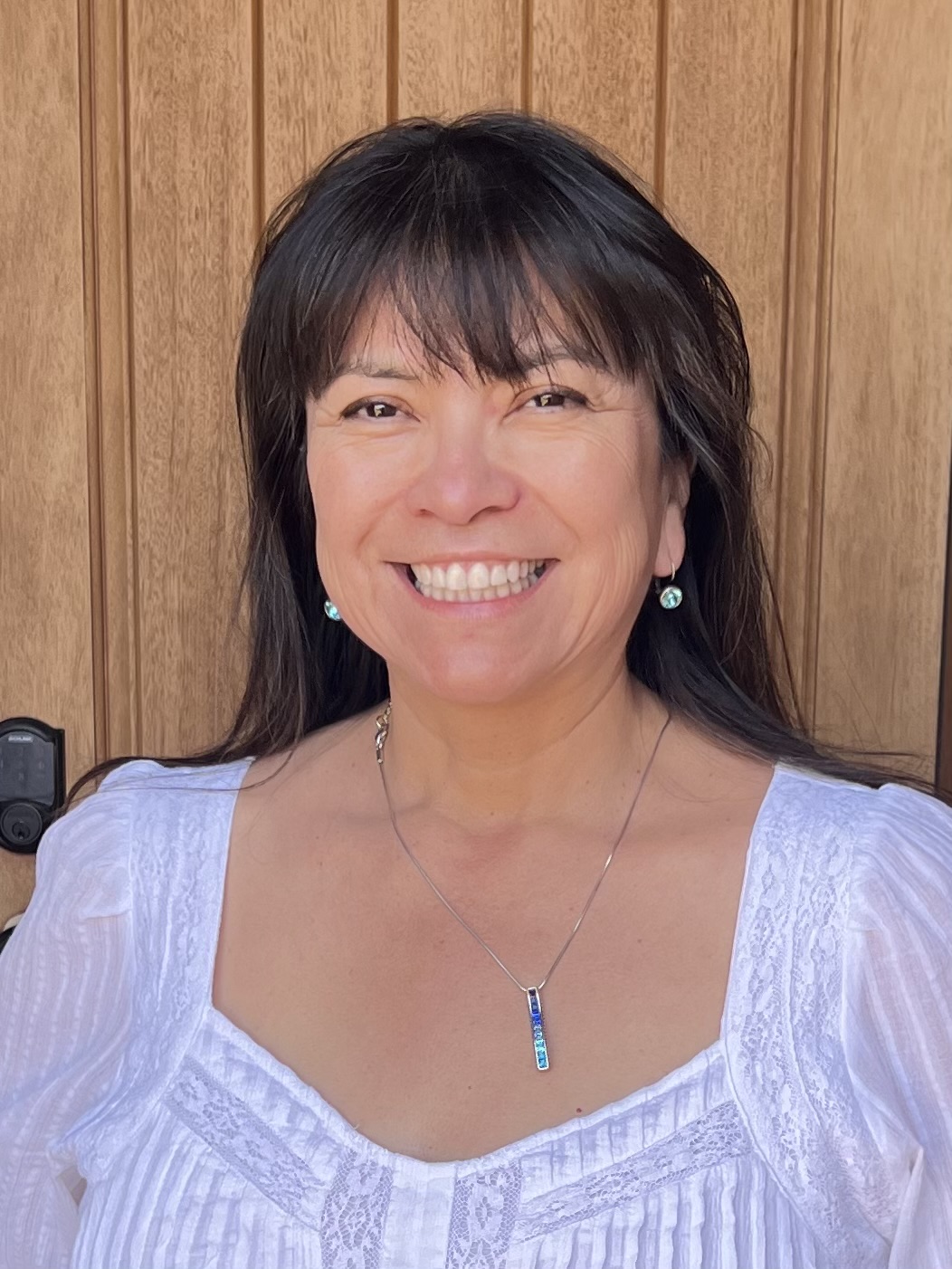 Dr. Yolandra Gomez Toya ’84 provides health and cultural advocacy for Native Communities
Dr. Yolandra Gomez Toya ’84 provides health and cultural advocacy for Native Communities
As a Native American pediatrician who also has a Masters of Public Health, Dr. Yolandra Gomez Toya ’84 has experienced a great deal over the last two and half years of the pandemic. As a community, the Jicarilla Apache Reservation in New Mexico, where she grew up, has endured devastating consequences that span not only the physiological and mental health of its residents, but the very sense of heritage and community that defines it. Yet Dr. Toya—Yollie to her friends—continues to serve as a consultant physician at a tribal clinic, addressing the health and wellness needs of the reservation’s youngest, while also practicing full-time in her local community of Bernalillo, where she now lives.
Compassion—the feeling of needing to help others who are suffering—certainly defines Yollie today. She’s seen as a role model and health care leader within not only her community in New Mexico, but also within the Native American community at one of her many alma maters, Princeton University, where she’s lead efforts to form Native American student and alumni organizations including leading an effort that secured a Chair of Indigenous Studies for the institution. In fact, she was recently elected to the Princeton University Board of Trustees for her service to the university’s Native American community.
This sense of compassion defined Yollie from an early age. One of ten siblings raised on a ranch, Yollie experienced it every day.
“We lived on a ranch in a two-room house with no plumbing, and our parents taught all of us how to work together in a group. The concept of compassion came up over and over in our daily lives. When I was little—I was the ninth child—I would figuratively and literally get forgotten at times, but my older sisters and brother would take care of me. And growing up, we was always concerned about the animals on the ranch, and so taking care of all the life around us was always on my mind.”
Yollie’s path to CRMS was both unconventional and fortuitous. Through a family member, she befriended Alfred Bush, curator of the Princeton University Library’s Collections of Western Americana. In addition to his work organizing the university’s collection and organizing exhibitions and lectures, Bush began working with Princeton faculty in the 1960s to identify Native American students who might benefit from a Princeton education. He found that encouraging young students to attend a private high school had a positive impact on their success in elite colleges and universities.
“The connection to him was through my late brother-in-law, who met Alfred in New York City in the early 1970s. He had a passion for bringing Native American students to Princeton,” she said. He clearly saw something in Yollie’s intellectual and personal drive.
“When I was growing up, I was a pretty nerdy kid. I could read by first grade and was doing long division very early, thanks to my older siblings teaching me at home and then attending a Catholic school until eighth grade. After parochial school, my only option was to attend the main high school in Dulce,” which her family felt was not the right school for her. “My parents sent me to a public school forty miles away, off the reservation, and while there I finished most of my coursework early. My senior year, they wanted me to be an office aid for the entire year, and the counselor at the time saw that I was a fast typist and said I’d be the best executive secretary anyone has ever seen. That wasn’t going to work for me! That’s when I was connected to Alfred, who conveyed that I should come to CRMS my senior year, that it would be a good place for me if I wanted to go to Princeton. Once at Carbondale, I was able to visit Princeton for a campus visit and sat in on a lecture about Chinese politics, and I thought, I want to go there!”
Yollie shared that the sense of community and the values of shared work and compassion for others that define the CRMS experience made coming to Carbondale fairly comfortable. But it wasn’t without its challenges and surprises.
“The first thing we experienced was Wilderness. Growing up we were ranchers and always outdoors, but the whole concept of backpacking was incredibly new to me. That people would WANT to be outside was a new concept to me,” she said.
“I had to piece together all my equipment, including an old 1960s backpack from a surplus store in Farmington, it was so heavy! It was also my first time to wear hiking boots. From the first day I was thinking, what did I get myself into? Anyway, the wilderness leaders got our group together the night before we were supposed to leave, put all of us together in a room, told us to plan our meals, divvy up our food, pack up, and head into the backcountry early the next morning. We were a small group of kids who didn’t know each other, from various parts of the country and the world, who were forced to work together in a way to ensure our comfort and survival for the next week!”
“That experience was one of my most memorable, thanks to my Wilderness leader, Jesse Stone. He made me feel like I was one of the group—he didn’t single me out.”
Yollie said that Gordo Stonington, Sue Furze and Chris Babbs also had a strong influence on her, but the illustrious Mark Clark made a real mark on her the day he returned her first essay.
“I didn’t really know how to write very well, and I probably plagiarized it. He gave me back my paper and said, ‘This is not your voice. I want you to rewrite it in YOUR voice.’ He gave me a chance and that made a huge impression on me. Like the other teachers and staff at CRMS, he treated you like you belonged there, and tried to help you grow into a better student and person.”
She also gathered another unique perspective from her time at CRMS: caring for the environment.
“It was the first time I was exposed to people who cared about the environment. It was one of the first times I heard concepts like recycling and vegetarians. I thought, what the heck is that about? It was my first exposure to being around people who looked at the world in a different way, who asked how can you be part of this endeavor to maintain or preserve our natural environment? That started with the Wilderness experience. The first couple of days was a conservation project—repairing trails and irrigation, and I never thought that was something I could be a part of. I’m really impressed with what CRMS has done with the greenhouse and the garden program. That focus on the environment was new to me, but I felt really comfortable with it. It was something I could take with me to college, and back to my community.”
She said that CRMS, as Alfred Bush at Princeton promised, was a great stepping stone into a demanding college. “Thank God for CRMS because I don’t think I would have finished if I hadn’t gone to CRMS.”
Princeton proved a challenge both academically and culturally, especially studying toward a medical career. As she approached graduation from the School of Public & International Affairs at Princeton, she wanted to consider other options. She’d been accepted to the University of California, Berkeley as well for her undergraduate studies. With lots of family in the Bay Area, it seemed like a good next move.
“After the rigor of the traditional Ivy League education, I knew I wasn’t quite ready to go to medical school but I knew I wanted to help the Native community back home,” she said. “So after a year back home I chose to go to Berkeley for their exceptional public health programs. It was the time that we were all learning about the emergence of HIV and AIDS, and how it spread through different communities.”
The challenging field of public health was eye-opening, but so, too was the cultural context she found on the other side of the country. “The other thing that was so remarkable about that experience was that Berkeley was the first time I’d been in school with a large number of urban Native students, and that they were more militant about supporting and protecting the Native community than anything I’d ever seen.”
There was an opportunity for Yollie to engage with the current of protests, but her calling lay elsewhere. “I have a lot of respect for people who protest. But for me, I try to be an advocate and to work from within existing structures. That’s the work I want to do: to be an advocate for Native children within their families and communities. It’s incredibly powerful to be a physician in public health. Sometimes I don’t have to say anything—I just have to show up. It’s a shame that people don’t always feel the need to listen unless you have the letters after your name. I guess that’s my sword, so I don’t have to be the militant advocate, I can use a voice of compassion and reason instead.”
Yollie would graduate from Berkeley with a Masters of Public Health, then moved to the University of New Mexico to pursue her M.D. and residency and begin practicing medicine. In addition to her medical and public health career, Yollie’s volunteer engagements over the years clearly stem from that strong sense of compassion she grew up learning and living.
She’s also a former trustee of CRMS and has followed Alfred Bush in helping recruit young Native American students to pursue their education at CRMS. Nephew Trevor Gomez, nieces Shade Gomez ’12 and Sky Gomez ’19 followed her lead from the reservation to CRMS, as have family friends Lacey Cachucha ’20 and her sister Ida Cachucha ’21.
Her message to all of them before they ventured to Carbondale: “I expect great things from you.”
Today, Yollie continues to advocate for Native children’s health and mental wellbeing as both a medical professional and a community advocate. The challenge is deepened by the unique impact the pandemic has had on Native communities, much of which isn’t yet seen or understood by the general population.
“COVID has decimated a lot of our communities,” she said. “Whole families on the reservation have died of COVID in the last two years. Most of our remaining traditional language speakers have died. We can’t even talk about the loss of culture and tradition, because no one is looking at the data yet. We probably won’t know for several years what the true costs have been for our communities. This is the passion from which I speak right now, about the work I do right now with Native children,” she said. “Post COVID, I need to do something different to see what else I can do to advocate for what I believe in.”
Yollie shared that she’s been impressed with how CRMS handled the pandemic and has high expectations for the school as it ventures toward its 70th anniversary. “One of them,” she remarked, “is the Native American Scholarship program, I want to make sure that those endowed scholarships are maintained and grow. There are two now, and my biggest hope is that there’s always an open door for Native students.” She said these scholarships have been game-changers for young minds coming from the Jicarilla Apache reservation, and that they can ensure the decades-long relationship between CRMS and Native communities continues thriving.
“Second, I hope that CRMS maintains its connection to the environment, and to continue teaching the preservation of the natural world.” She hears from other CRMS alumni who, from time to time, lament changes to the programming and experiences that students have today. “I tell them all things have to change, but CRMS continues to focus on the outdoor experience, sports, backcountry today. And if it does this going into the future, it will continue to be one of the best boarding schools in the country.”
She goes on to encourage CRMS students today to focus on being an advocate for those who are less fortunate. “Look out for those around you—your classmates, your family, your community. Do the volunteer work, and always be thinking about people who don’t have what you have. Be mindful of it.”
She hopes the pandemic brought this into sharper focus for today’s students.
“During this pandemic, I worked in both a private clinic and tribal clinic, and there were two viewpoints,” she says: “the urban individualist viewpoint, and the community viewpoint on the reservation. The individualist viewpoint was so centered on the self: ‘it’s just about me and what I want, and I don’t care what’s going on over there.’ On the reservation, from day one of the pandemic, the entire community banded together, wearing masks, closing businesses and offices, whatever was needed to preserve our community because we care about each other. It was mindboggling to see the two viewpoints, and how some people can be so focused on their own issues, and not on their neighbors. That mindset took over in the country, and I think it’s been incredibly damaging.”
“You as a CRMS student have an obligation to look out for the environment and be compassionate and an advocate for others who share it with you,” she remarked.
“And, I expect great things from all of you!”
 MYCRMS
MYCRMS
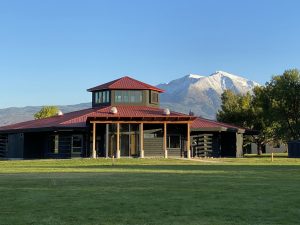
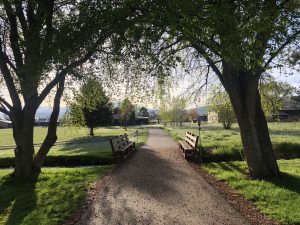
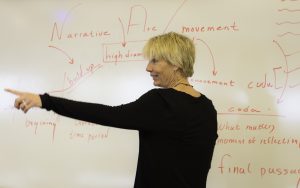
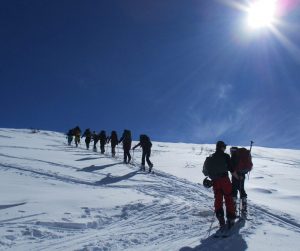
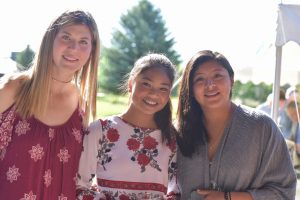
 Virtual Tour
Virtual Tour